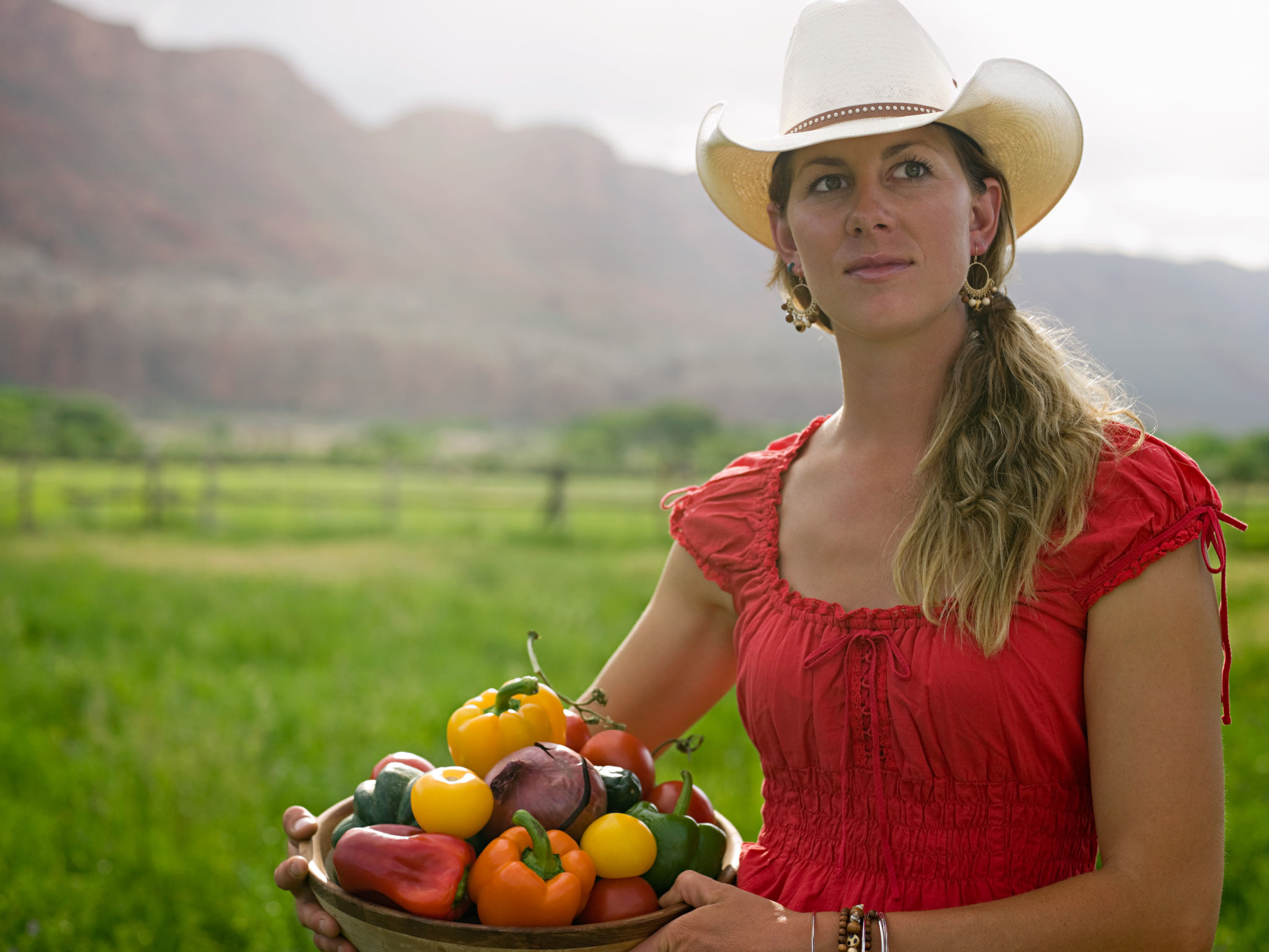The Benefits of Using Organic Fertilizers in Bali Farms
The Rise of Organic Farming in Bali
Bali, known for its lush landscapes and vibrant culture, is also becoming a pioneer in sustainable agriculture. More farmers are turning to organic fertilizers to enrich their fields, favoring natural growth methods over conventional chemical fertilizers. This shift not only promises healthier crops but also aligns with the island's commitment to environmental preservation.
Organic fertilizers, derived from natural sources such as compost, animal manure, and plant residues, offer multiple benefits that extend beyond the farm. By understanding these advantages, farmers in Bali can make more informed decisions that benefit both their land and the local ecosystem.

Enhanced Soil Health
One of the primary benefits of using organic fertilizers is the improvement in soil health. Unlike chemical fertilizers, which can degrade soil quality over time, organic options nourish the soil by adding essential nutrients and enhancing its structure. This leads to better water retention and aeration, fostering an environment where plants can thrive.
The use of organic fertilizers supports the growth of beneficial microorganisms in the soil. These microorganisms play a crucial role in breaking down nutrients into forms that plants can easily absorb. As a result, crops grow stronger and more resilient to diseases and pests.
Environmental Benefits
Organic fertilizers contribute significantly to environmental conservation. They are biodegradable and do not leach into waterways, preventing pollution of rivers and oceans. This is particularly important in Bali, where tourism heavily relies on clean beaches and pristine natural landscapes.
Moreover, by reducing dependence on chemical inputs, organic farming practices help decrease greenhouse gas emissions associated with the production and transportation of synthetic fertilizers. This sustainable approach supports Bali's efforts to combat climate change and protect its rich biodiversity.

Economic Advantages for Farmers
While organic fertilizers may initially seem more expensive than their chemical counterparts, they offer long-term economic benefits for farmers. By improving soil health and crop yields, they reduce the need for costly pesticides and herbicides, leading to savings over time.
Additionally, the global demand for organic produce is on the rise. Farmers who adopt organic practices can tap into this growing market, potentially commanding higher prices for their products. This not only boosts their income but also contributes to the local economy by attracting eco-conscious tourists interested in sustainable food options.
Improved Crop Quality
Organic fertilizers often result in better-tasting and more nutritious produce. Without chemical residues, fruits and vegetables maintain their natural flavors and nutrient profiles. This is particularly appealing to health-conscious consumers who are willing to pay a premium for organic products.
In Bali, where culinary tourism is burgeoning, offering high-quality organic produce can enhance the island's reputation as a destination for fresh and flavorful food. Restaurants and hotels are increasingly seeking organic suppliers to meet the expectations of discerning guests.

Conclusion: A Sustainable Path Forward
The adoption of organic fertilizers in Bali farms represents a significant step towards more sustainable agricultural practices. By focusing on soil health, environmental conservation, economic viability, and crop quality, organic farming not only benefits individual farmers but also contributes to the broader vision of a greener Bali.
As this movement gains momentum, it holds the promise of ensuring that Bali remains a paradise not just for its visitors but also for future generations who will inherit its rich soils and vibrant ecosystems.
